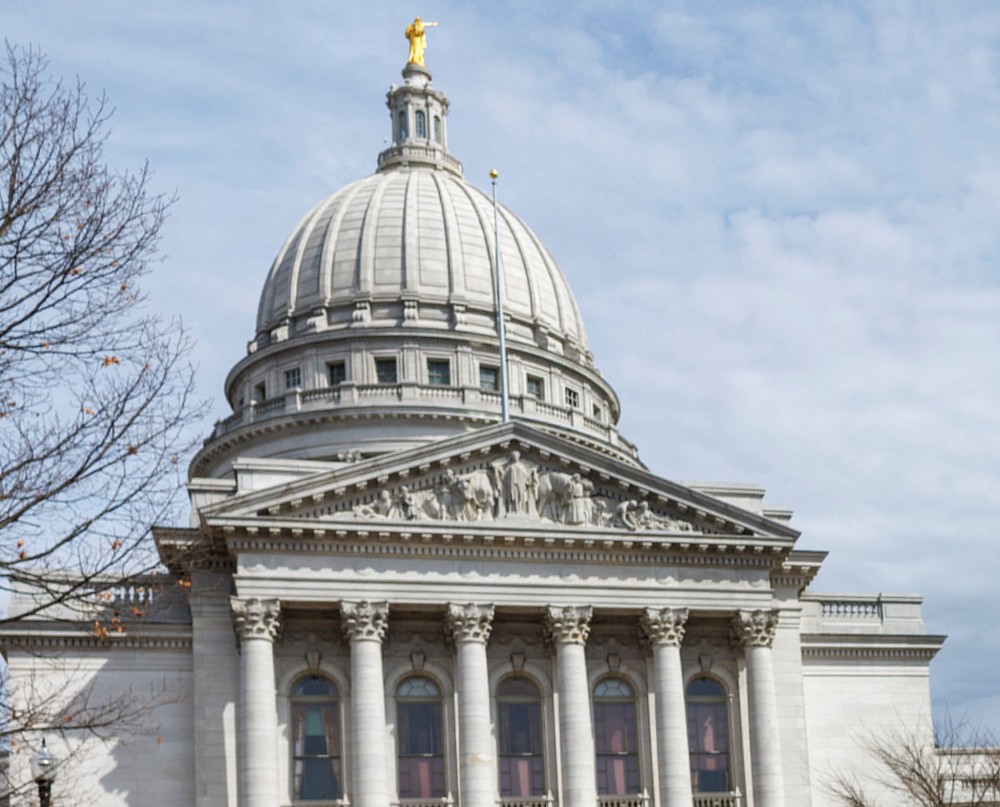
WASHINGTON – The Wisconsin Supreme Court ruled unanimously June 27 that an order blocking a pro-life advocate from speaking to a Planned Parenthood worker violated his First Amendment free speech rights and should be overturned.
In 2020, a state lower court ruling barred Brian Aish from approaching Nancy Kindschy, a nurse practitioner who worked at an abortion clinic in Blair, Wisconsin. The clinic has since closed, and Kindschy has retired.
According to the court ruling, Kindschy claimed that Aish, who protested on the sidewalk outside the clinic from 2014-2019, had threatened and harassed her to the extent that she feared for her safety.
She said Aish told her bad things would happen to her or her family if she didn’t quit her job.
Aish, represented by attorneys with the Thomas More Society, a Catholic public-interest law firm based in Chicago, said his comments were protected free speech under the First Amendment.
Court documents note that in 2019, Aish told Kindschy that she should repent for her work, pointing out the urgency of doing this right away because she could potentially “get killed by a drunk driver” that night.
In 2020, the county judge issued a four-year injunction barring Aish from being near Kindschy which he appealed and in 2022, a state appeals court upheld the injunction.
But the Wisconsin Supreme Court said the lower court failed to find that Aish “consciously disregarded a substantial risk that his communications would be viewed as threatening violence.”
“Aish’s statements could not be true threats of violence because he disclaimed any desire for violence to befall Kindschy,” Justice Rebecca Bradley wrote in a separate opinion, concurring with the majority opinion written by Justice Rebecca Dallet.
Joan Mannix, executive vice president and managing counsel with the Thomas More Society, said in a statement that the ruling “reaffirms that the First Amendment embodies a paramount American value of protecting free speech, even if the viewpoint expressed may be unpopular or controversial.”
A press release from the Thomas More Society points out that when the attorneys argued this case in 2022, they stressed that it did not involve any “true threat” which is a form of speech that is not protected under the First Amendment.
They reargued the case this year in light of the U.S. Supreme Court’s 2023 ruling in Counterman v. Colorado which said a speaker must act recklessly with regard to whether his or her words would be perceived as a “true threat.”
Bradley’s concurring opinion, joined by Chief Justice Annette Ziegler, stressed that to “constitute a true threat, the communication must express, explicitly or implicitly, that the speaker or a co-conspirator intends to inflict imminent or future injury on the victim.”
She wrote that Aish’s statements “cannot be interpreted as true threats,” since Aish at times claimed that he hoped something violent would not happen to Kindschy and that his main objective was her repentance and conversion.
“Free speech rights bear a cost. They force us to endure distressing and loathsome speech,” Bradley wrote, adding that because his statements were not construed as true threats, “the First Amendment protects them.”
